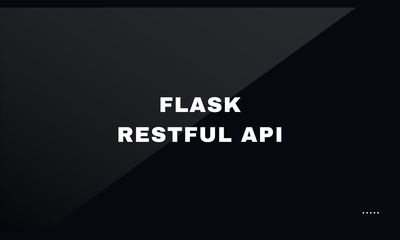Understanding Semver vs Calver: Making the Right Choice for Your Project
By hientd, at: Dec. 14, 2023, 11:29 a.m.
Estimated Reading Time: __READING_TIME__ minutes
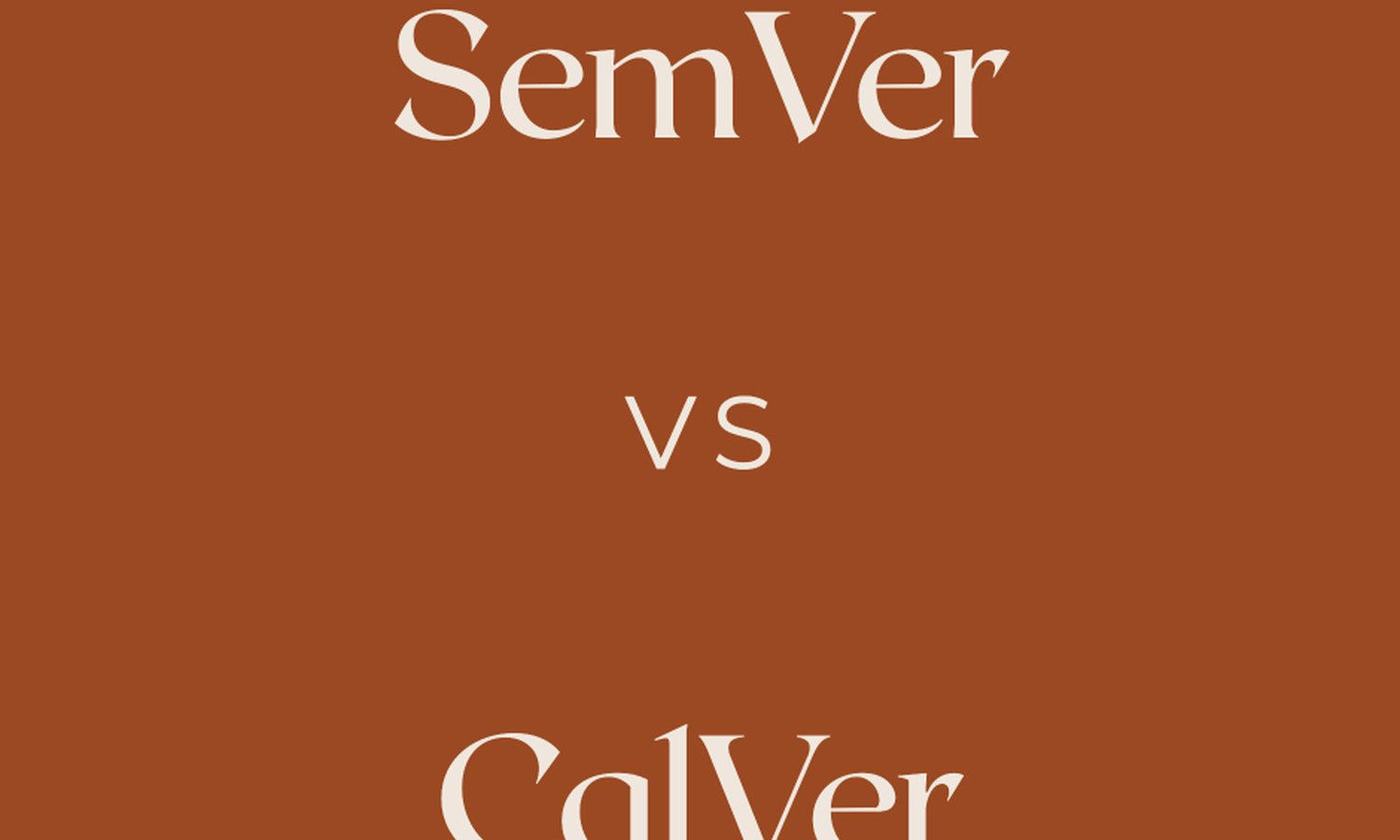
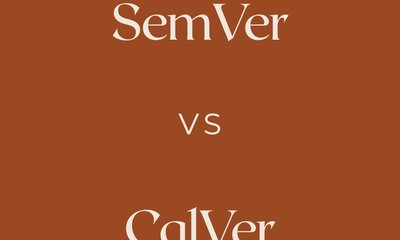
Understanding Semver vs Calver: Making the Right Choice for Your Project
When it comes to versioning software, two primary methodologies stand out: Semantic Versioning (Semver) and Calendar Versioning (Calver). Choosing the right one can significantly impact your project's management and user experience.
In this post, we’ll explore both approaches, compare their pros and cons, and help you determine which is the best fit for your project.
What is Semantic Versioning (Semver)?
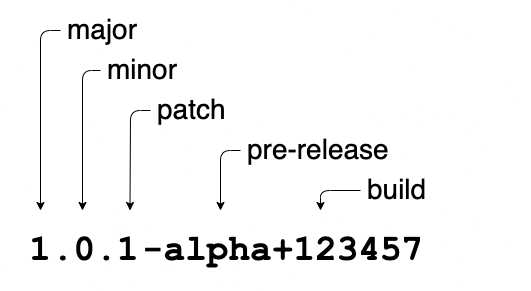
Semantic Versioning, or Semver, is a versioning scheme based on three core numbers: Major, Minor, and Patch. These numbers are used to communicate the impact of changes in a release.
- Major: Increases when there are incompatible API changes.
- Minor: Increases when functionality is added in a backward-compatible manner.
- Patch: Increases when backward-compatible bug fixes are made.
Example: 1.4.2 where 1 is the Major, 4 is the Minor, and 2 is the Patch.
What is Calendar Versioning (Calver)?
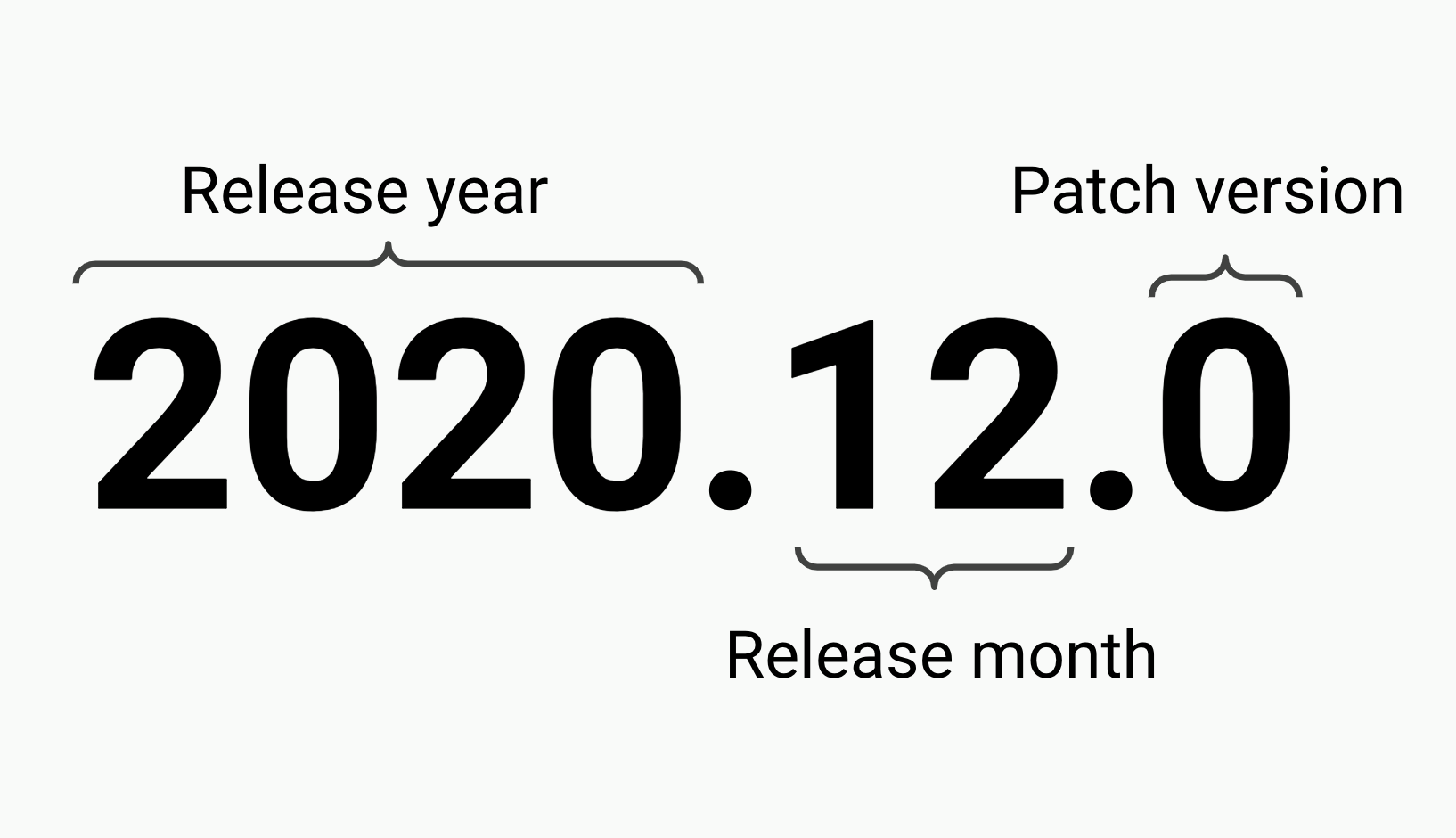
Calendar Versioning, or Calver, uses date-based identifiers for releases. This scheme often includes the year and sometimes the month or day of release.
- Year: The year of the release.
- Month/Day: Optionally, the month or day of the release.
Example: 2024.07 for a release in July 2024.
Pros and Cons of Semver
Pros:
- Clarity: Clear indication of the significance of changes.
- Predictability: Users and developers can easily understand the impact of an update.
- Dependency Management: Helps in managing dependencies more effectively.
Cons:
- Complexity: Requires strict adherence to rules.
- Manual Tracking: Developers need to manually decide the version increment.
Pros and Cons of Calver
Pros:
- Simplicity: Easy to implement and understand.
- Regularity: Encourages regular releases.
- Relevance: Useful for projects that benefit from indicating release dates.
Cons:
- Ambiguity: Does not convey the nature of changes.
- Version Overlap: Can cause confusion if multiple releases occur within the same period.
Semver vs Calver: Which Should You Choose?
Choose Semver if:
- Your project relies heavily on APIs.
- You need to communicate the impact of changes clearly.
- Dependency management is a key concern.
Choose Calver if:
- Your project follows a regular release schedule.
- You want to emphasize the freshness of your software.
- You prefer simplicity over detailed change communication.
Case Studies and Examples
Example 1: Open-Source Libraries Open-source libraries often use Semver to clearly communicate breaking changes and new features.
For examples: https://docs.djangoproject.com/en/5.0/topics/cache/, https://github.com/celery/celery
Example 2: Operating Systems Many operating systems use Calver to emphasize regular updates and improvements.
For examples: https://ubuntu.com/, https://www.jetbrains.com/idea/download/other.html
Making the Transition
From Semver to Calver:
- Assess if the date-based versioning suits your project's release cycle.
- Communicate the change to your users to avoid confusion.
From Calver to Semver:
- Identify the major changes that warrant version increments.
- Ensure your users understand the significance of each part of the version number.
Conclusion
Both Semver and Calver have their unique advantages and drawbacks. The choice depends on your project's needs, the nature of your releases, and your communication strategy with users. By understanding both methodologies, you can make an informed decision that aligns with your project's goals and enhances user experience.
At Glinteco we use semantic versioning.
For more insights on versioning strategies and best practices, explore the resources below:
- Frontside: Semver or Calver by Project Type
- Creative Commons: Calver to Semver
- Calver.org
- Hacker News Discussion on Semver vs Calver


